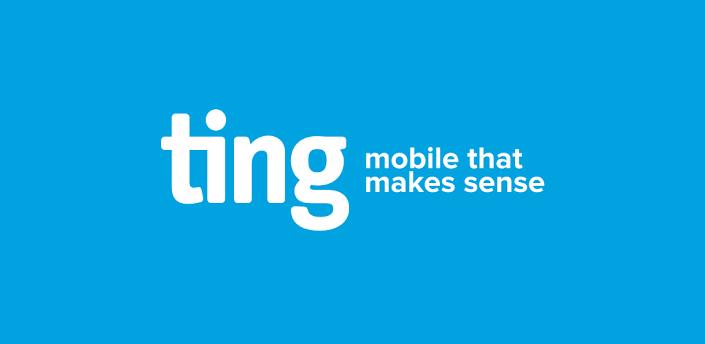
When Ting originally launched in early 2012, the Sprint MVNO's big draw was its customizable rate plans that let a customer select how many minutes, messages and megabytes that they'd want each month. The customer would then go through their cycle like normal, and he or she would be credited for any unused voice, text and data or would be bumped up to the next plan tier if he or she went over the allotted amount.
Ting has announced that it's making a big change to the way that it operates, deciding to do away with its original plans and instead have more of a postpaid model. Under the new system, customers will use however many minutes, messages and megabytes that they need each month, then pay for the usage levels that they hit. Minutes, messaging and data are all still separate categories, and Ting says that there's no change to its $6 per month per device fee. Existing Ting customers that are in the middle of a billing cycle right now will reconcile with Ting at the end of their billing period and then be moved to the new system.
Ting says that it made the decision to move to a new payment system because it's previous plan and reconciliation setup was too confusing and took too much time to explain to potential customers. The operator also says that it makes more sense for the customer to keep their money and pay at the end of each period rather than paying Ting and then possibly getting a credit. Finally, Ting felt that it's previous system was "too much like the sort of games the whole industry plays with rollover this and 'unlimited but not really' that," saying that it didn't want to look like it was operating like other carriers.
While Ting's actual rates haven't changed with its new system, now customers won't need to worry about setting up a plan or wondering how much of a credit or additional payment they'll run into at the end of the month, which ought to simplify things for both Ting and its customers. If you'd like to learn more about Ting's new payment system, you can check out a video from the operator below. What do you think of Ting's decision? Would you consider switching to Ting because of it?
Via FierceWireless, Ting